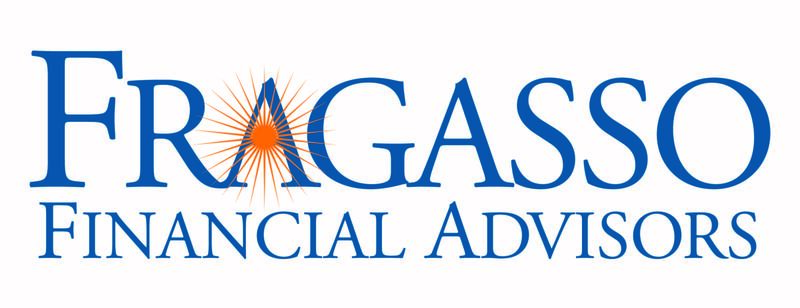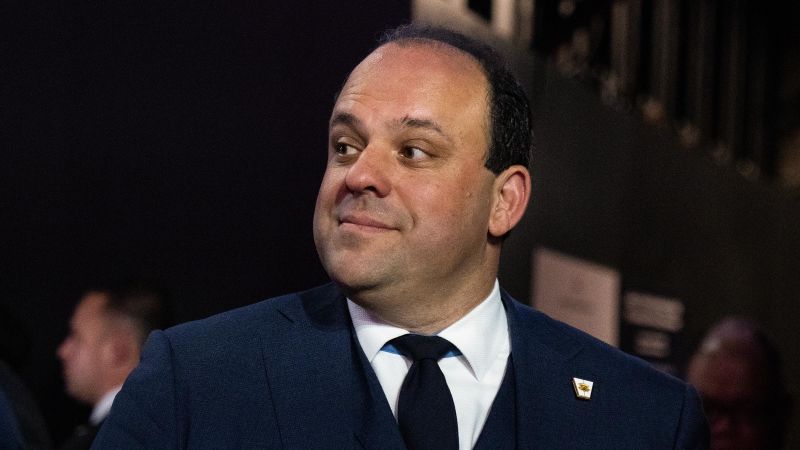Having specific and realistic financial goals helps you stay focused and motivated while also providing direction for making informed financial decisions.
Find Out: I’m a Bank Teller: 4 Reasons You Should Withdraw Your Savings Right Now
Learn More: 7 Reasons You Must Speak To a Financial Advisor To Boost Your Savings in 2024
Your bank can be an invaluable resource in helping you set and reach meaningful financial goals. Banks are more than just a safe place to store your money. Many provide resources like financial education or products and tools that can help you increase your savings and better manage your spending. Here are 4 unexpected ways to set and reach financial goals with help from your bank according to experts. Also check out how you can withdraw money from a bank account.
Earning passive income doesn’t need to be difficult. You can start this week.
1. Take Advantage of Financial Education Resources
Your bank likely offers a variety of financial education resources that can help you become more informed and make better financial decisions. These may include:
-
Workshops and Webinars: Attend free financial literacy workshops or webinars hosted by your bank.
-
Articles and Guides: Utilize the educational content available on your bank’s website or app.
-
One-on-One Counseling: Schedule a session with a financial advisor to get personalized advice.
“Before setting your financial goals, it may help to get money smart — learn about money topics so that you may be more discerning as you make choices on how to spend and save,” says Julie Guntrip, Head of Financial Wellness at Jenius Bank. “Many banks, like Jenius Bank, have blogs and social media dedicated to helping consumers better understand financial topics like interest rates, savings vehicles, credit and credit scores, budgeting, and much more.”
Guntrip also says that once you have an idea of what goals to set, then it’s important to build a plan to achieve them, and that usually involves saving.
By taking advantage of these resources, you can gain the knowledge and confidence needed to set and achieve your financial goals.
Learn More: 6 Things the Middle Class Should Sell To Build Their Savings
2. Set Up Separate Savings Accounts For Your Goals
One of the best ways to manage your money effectively is to create separate savings accounts for different financial goals. These are often referred to as sinking funds. Instead of having one large pot of money, separate accounts allow you to allocate funds for specific purposes so the money can be spent at some point in the future.
“If setting up multiple accounts seems overwhelming, there are some banks that allow you to set up multiple goals within a single account,” says Tamika Howell, Accredited Financial Counselor, Founder at Organize Your Money. “Ally Bank for example provides both options and I also recommend trying to avoid choosing accounts with monthly maintenance fees or minimum deposits.
Mykail James, Founder at Bougie Budgets, says that it can be helpful to set up a separate checking account to help you separate money for monthly bills and obligations with other spending money.
“It’s even better if your bank has a way to allow savings buckets to work towards multiple goals at once,” she adds.
3. Utilize the Personalized Financial Insights Your Bank May Offer
“Many banks offer tools that analyze your spending habits and provide personalized insights,” says Kristy Kim, Founder at TomoCredit. “These insights can help you identify areas where you can cut costs and redirect those savings toward your financial goals.”
Each bank is different, but try to look for tools that help analyze your spending or improve your budget. Built in budgeting tools can help you plan for expenses and set limits for certain categories like dining out or entertainment.
Kim says that many banks also offer free credit score monitoring services to their customers as well.
“Improving your credit score can be a financial goal in itself, or it can be a step toward achieving larger goals, like qualifying for a property mortgage and getting closer to becoming a homeowner,” says Kim.
4. Consider Opening a CD
Certificates of Deposit (CDs) are a great way to earn higher interest rates on your savings compared to regular savings accounts. They require you to lock in your money for a set period, which can be beneficial if you have long-term financial goals.
“CDs work very well for money you don’t need in the near future. If you can put your money ‘out of sight and out of mind’ for a predetermined amount of time, a CD is a great choice,” says Mary Grace Roske, at CDValet.com.
Roske also stated that you can determine exactly how much your CD will yield in advance.
“Security and predictability may sound boring, but those can be great qualities in a financial investment, especially in uncertain economic times.”
More From GOBankingRates
This article originally appeared on GOBankingRates.com: 4 Unexpected Ways To Set Financial Goals With Help From Your Bank














